why i stopped forcing myself to be productive all the time
i spent most of my life measuring my worth by how much i could get done in a day. the satisfaction of ticking off tasks on a list was addictive. i loved the illusion of control that productivity gave me — as though a clean calendar or an empty inbox meant i had figured out life. i read all the articles about optimizing your mornings, creating routines that stretched productivity into every waking hour, and turning hobbies into side hustles. every moment of stillness felt like time wasted. but somewhere in the middle of all that striving, i noticed something i didn’t want to admit. the more productive i became, the less present i felt. i was constantly planning, scheduling, and chasing the next milestone, but i wasn’t actually living inside any of it. i wasn’t lingering over the books i loved, or enjoying the meals i ate, or being truly there for the people who mattered. i was always rushing toward something else, measuring myself by output instead of presence.
there was one particular evening that made this clear. i had finished all my tasks for the day — every email, every errand, every little item on the list — and yet, i didn’t feel good. i felt empty. the next morning, i added more to the list, thinking maybe i just needed to accomplish more. but at some point, i realized this wasn’t about productivity at all. it was about how much of my self-worth i had outsourced to the idea of being useful.
we live in a culture that treats productivity like a moral value. if you’re busy, you’re good. if you’re resting, you’re lazy. if you’re not constantly improving, you’re falling behind. this logic is everywhere — in the way we talk about work, the way we glorify hustle, even the way we approach self-care as something that needs to be efficient. but life is not a checklist. and i think deep down we all know that.
i began to notice how productivity culture had changed the way i related to my own life. i didn’t do things because they brought me joy; i did them because they could be justified. if i wanted to read a book, i turned it into a learning exercise. if i wanted to go on a walk, i tracked my steps. even cooking dinner had to become “meal prep,” something that saved time later. there was no softness left. no room to do something for no reason other than to enjoy it.
it took me a long time to stop forcing myself to be productive all the time. the shift didn’t happen with a single epiphany. it happened gradually, in the small moments when i started paying attention to how drained i felt from performing productivity instead of living my life.
i remember a sunday morning when i woke up and didn’t feel like doing anything. no chores, no writing, no catching up on work. my first instinct was guilt. i thought, “you’re wasting the day.” but something in me resisted. i made coffee, opened a novel, and sat there for hours. by evening, i realized it was the first time in months that i had felt truly restored.
rest used to feel like the opposite of progress. but now i think rest is what gives progress its meaning. the more i allow myself to pause, the more i notice the small details that make life worth living. the taste of fresh fruit. the sound of a playlist that takes me back to a younger version of myself. the feeling of sun on my face when i sit on the balcony in the afternoon.
the thing about always being productive is that it numbs you to the subtler textures of life. you’re always chasing the next thing instead of soaking in the moment you’re in. and when every day becomes a race to achieve, it’s easy to forget that time itself is not a resource to be managed. it’s a life to be lived.
i had to unlearn the idea that my value comes from my output. i had to teach myself that doing less doesn’t make me less. that a day spent resting or wandering or simply thinking is not wasted — it’s part of what makes me human.
sometimes i think about how children approach the world. they don’t wake up and think, “how can i maximize my day?” they play because they want to. they pause when they’re tired. they follow curiosity wherever it leads. there’s something profound about that. we lose it as we grow up and start treating our lives like a series of deliverables.
the older i get, the more i want to live differently. i want to create without forcing it. i want to enjoy mornings without rushing to turn them into routines. i want to cook just because i feel like it. i want to rest without thinking about how that rest will make me more productive later.
there’s a kind of power in choosing to slow down in a world that constantly tells you to speed up. it feels rebellious, almost. like you’re quietly saying, “i don’t accept your definition of success.” and maybe that’s the real shift: realizing that a meaningful life isn’t built from constant doing, but from intentional being. some of my best ideas, my most important moments of clarity, have come in those unproductive hours — walking aimlessly, scribbling in a notebook, staring out of the window.
i’ve stopped forcing myself to be productive all the time because i don’t want to look back and realize i spent my life optimizing instead of living. i want to remember the books i loved, the conversations that lingered, the slow afternoons that made me feel alive. i want to measure my life not by how much i did, but by how much i noticed.
when i first began to loosen my grip on productivity, i didn’t realize how much of my identity had been built around it. i had spent years believing that my ability to keep moving, keep doing, was proof that i was capable and worthy. stepping away from that mindset felt almost like failure. what would it mean to live without the constant pursuit of being “efficient”? who would i be if i wasn’t someone who could proudly list everything i’d accomplished at the end of a day?
this is the dark side of productivity culture: it convinces you that you are your output. that stillness is waste, that rest is indulgence, that joy is something you earn only after exhausting yourself. it’s not just about work; it seeps into every corner of life. you begin to evaluate your hobbies by how impressive they are, your relationships by how well they “fit” into your goals, and even your emotions by how “useful” they might be in pushing you forward.
when i stopped measuring my days by how productive they were, i had to face a strange emptiness. i had to sit with myself, without the scaffolding of tasks and plans, and ask harder questions. what do i actually want? what kind of life do i want to build, not just for the sake of achievements, but for the sake of feeling alive inside my own days?
it wasn’t easy. there were mornings when i felt aimless, afternoons when i picked up my phone out of habit because i didn’t know what else to do with myself. productivity had become my default distraction. it kept me from feeling things too deeply — from noticing the discontent that would arise when i wasn’t distracted by doing. but slowly, something shifted. when you stop trying to fill every moment with purpose, you create space for something softer to emerge. i started to notice how much of life happens in the in-between — the conversations that stretch longer because you’re not rushing, the way music sounds different when you’re not listening while multitasking, the way your mind wanders into unexpected ideas when it isn’t being forced to focus.
this isn’t to say i stopped working or creating. i still love the satisfaction of building something meaningful, of finishing a piece of writing or organizing my thoughts. but i’ve learned that true creativity doesn’t thrive under constant pressure. it needs stillness, boredom, even slowness. some of my best writing ideas have come during moments when i wasn’t trying to be “productive” at all — walking to nowhere, standing in the shower, or simply sitting at a café, watching strangers pass by.
it makes me think of how earlier generations approached time. before the age of smartphones and constant notifications, there was more space for life to unfold naturally. people weren’t always “on,” always reachable, always expected to be doing something. now, we glorify busyness as though being constantly occupied is proof of being alive. but i wonder — when did simply existing stop being enough?
part of this shift for me was realizing that my obsession with productivity wasn’t just about personal ambition. it was about fear. fear of falling behind. fear of not being enough. fear that if i slowed down, i’d lose my place in a world that never stops moving. but the truth is, slowing down is what gave me back my sense of place. when you stop treating every hour like a resource to be mined, you start to see your life for what it is — not a project to be completed, but a collection of fleeting, unrepeatable moments. and those moments can’t be optimized. they can only be lived. now, when i feel the urge to overfill my days, i ask myself: what is this really about? am i chasing meaning, or am i trying to outrun a discomfort i haven’t faced yet? more often than not, it’s the latter. so i pause. i let myself sit in the discomfort. i make tea. i open a book i’ve been meaning to read. i go for a walk without headphones.
i’ve realized that a slower life isn’t less of a life. it’s just a different kind of life — one where i’m not constantly performing for an invisible audience, or proving to myself that i’m worth something because of how much i can accomplish.
when i look back, the days i remember most aren’t the ones where i checked off everything on my list. they’re the days that felt expansive. the ones where i laughed so hard my cheeks hurt. the ones where i got lost in conversation with a friend. the ones where i had no plan and ended up finding joy in the smallest, most unexpected moments.
i’m not sure i’ll ever fully unlearn the habit of equating productivity with worth. it’s so deeply ingrained. but every time i choose presence over progress, i feel a little lighter. every time i remind myself that i’m allowed to rest — that rest itself is an act of living — i feel closer to the life i want.



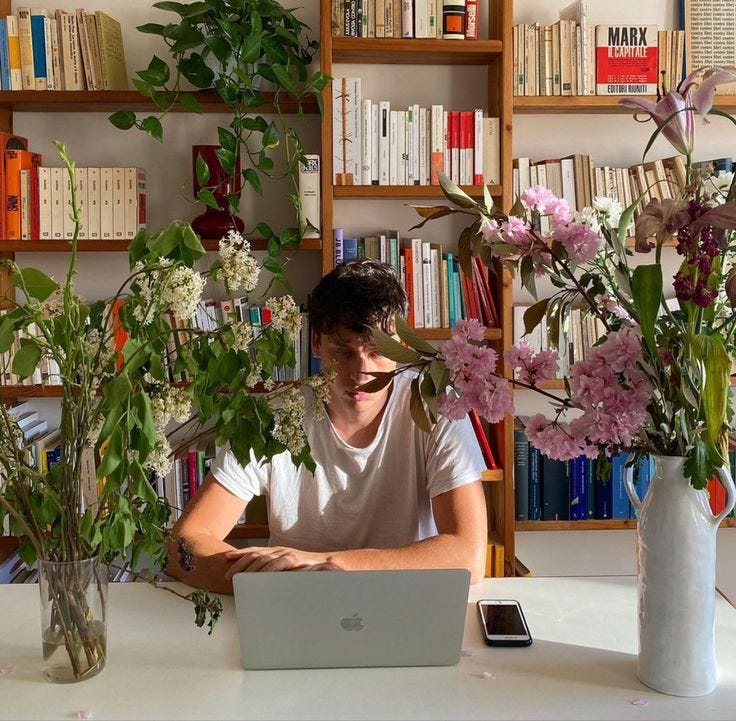
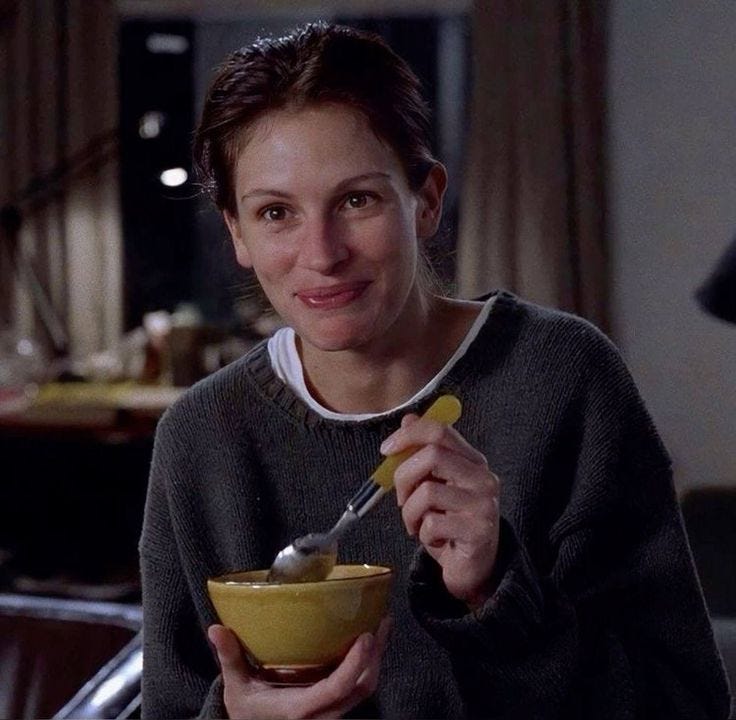
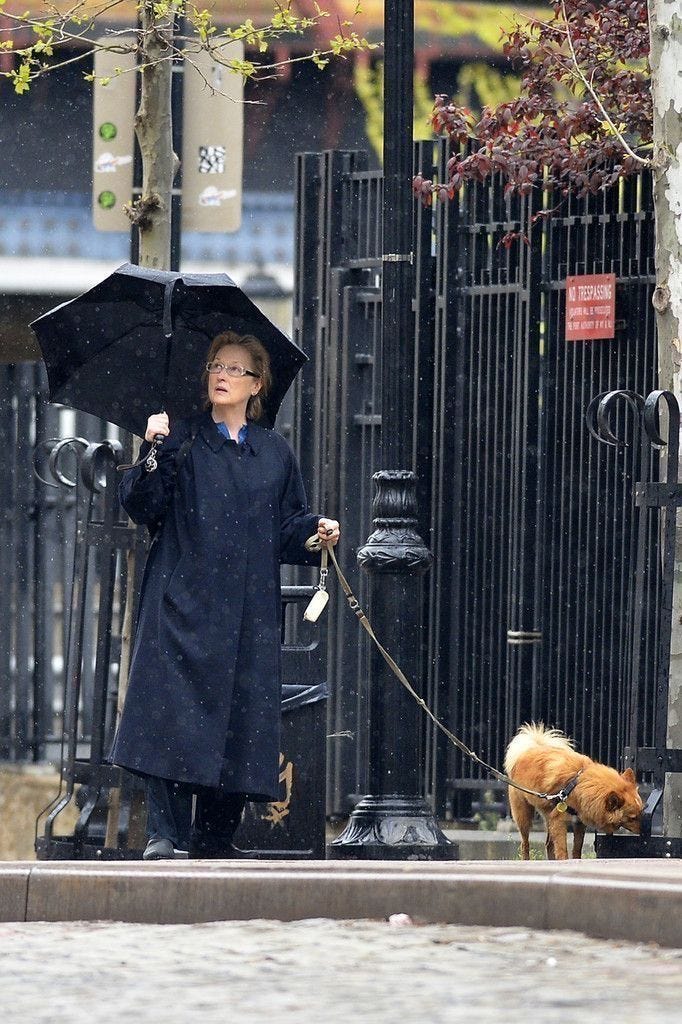
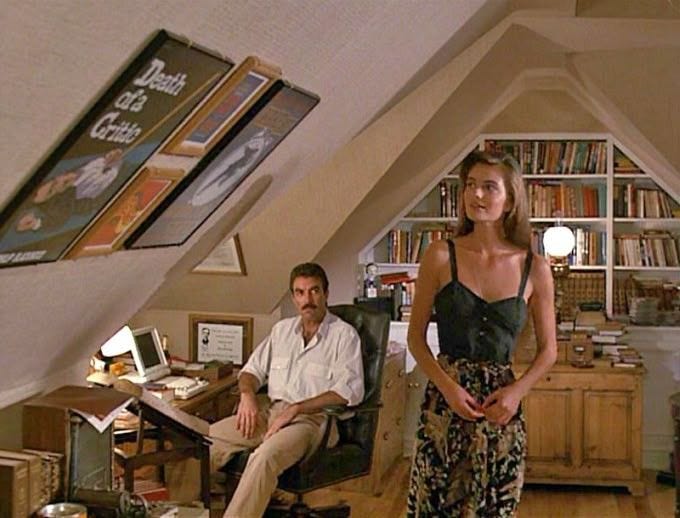
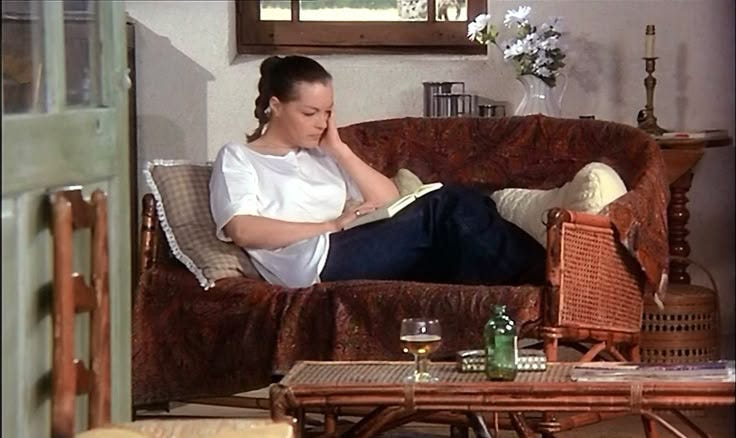
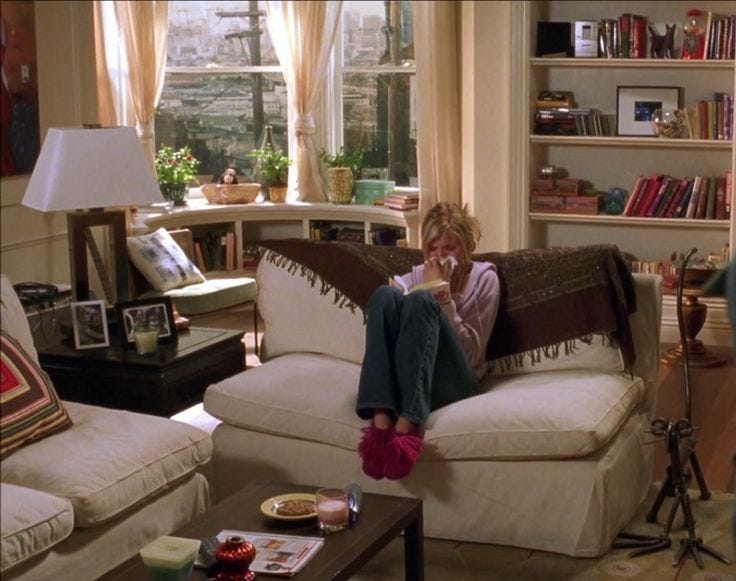
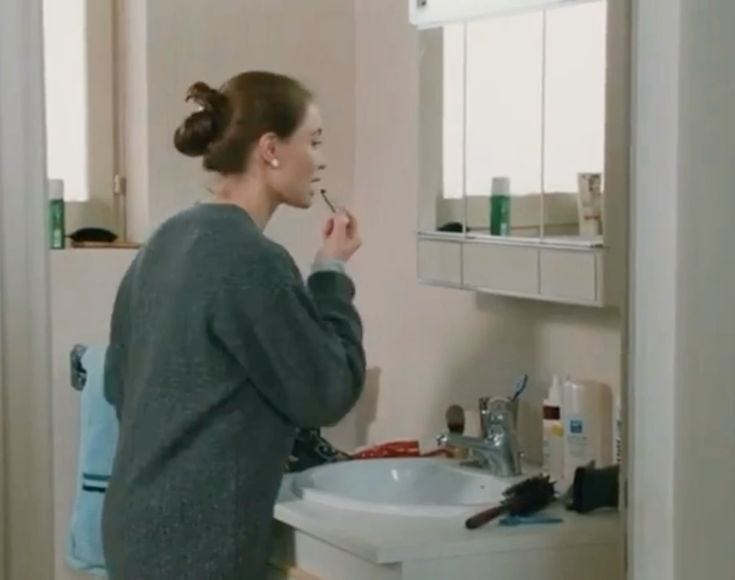
"what kind of life do i want to build, not just for the sake of achievements, but for the sake of feeling alive inside my own days?" this was a life changing question for me this last winter. you are truly one of my favorite writers on this platform.
If I could like this post 100 times I would, you covered so many things relevant to me. I found it interesting you used the term ‘perform’ a few times, as it can feel as though we need to perform for whatever reason is personal to us (it is a term my therapist suggested to me only yesterday, hence me saying here as it felt so apt!). This year has been one of the hardest mentally for me, yet still I haven’t allowed myself to slow down to an optimum level for me, despite it perhaps being one of the causes. Being ‘busy’ or even ‘productive’ doesn’t allow for enjoyment: having to find the most useful YouTube video to watch with lunch, the most production minded hobby (and by extension, monetising them), having to have an educational podcast on to cover those tiny seconds between tasks that could potentially be wasted, and now I seem to be unable to find things that make me happy or I enjoy, I believe it is a little due to the productivity trap.
Your words have really made me reflect, and feel less alone in this quest of finding what works for me, not what I feel I ‘should’ be doing. Thank you. I hope you can keep going with this (you can do it).